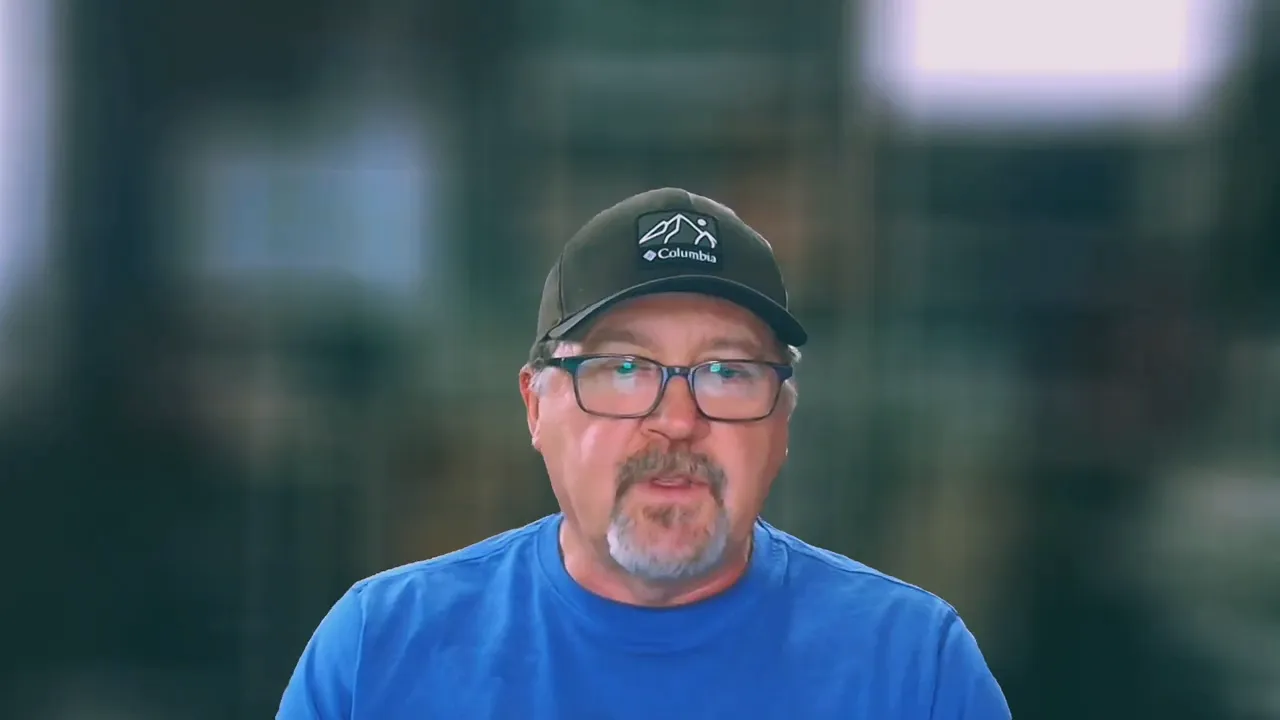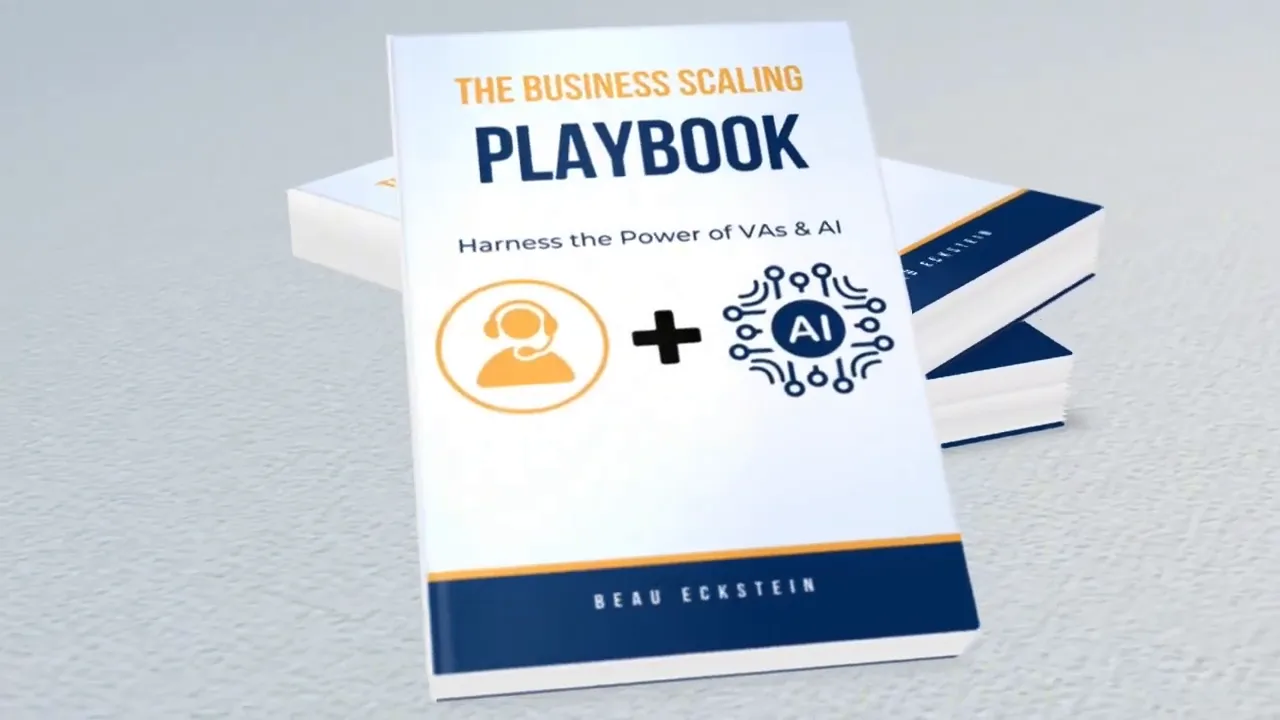Business Ownership Coach | Investor Financing Podcast is more than a label — it’s a reminder that choosing an SBA lender is a strategic decision that shapes your timeline, cash requirements, and ultimately whether a deal closes. The right lender delivers certainty of close; the wrong one can turn a promise into lost time and unexpected costs.
Start with certainty of close
The single most important question to ask any lender is simple: will this deal actually get closed? Rates and small fee differences are tempting, but execution beats price every time. A lender who understands the product, has a track record and can anticipate underwriting red flags will get you across the finish line.
When you need a decision on timing, look for a Business Development Officer who works SBA day in and day out. A seasoned BDO can flag issues early and help you build a package that avoids late surprises.
Understand lender appetite and PLP status

Not every bank underwrites the same way. Some banks are conservative and require real estate collateral for most deals. Others will finance based on cash flow with limited collateral. A key differentiator is PLP — Preferred Lender Program — status. PLP banks underwrite in-house and can make faster, more flexible decisions because they do not send files back to SBA for full underwriting.
When comparing banks, ask about their SBA volume and internal authority. High volume typically signals both experience and streamlined workflows. Low volume may indicate a newer program that applies stricter rules by default.

Pricing vs execution: why cheap rates can cost you
Cheap pricing feels great on paper, but what happens if the lender can’t get you to close? You might save a few hundred dollars per month, but miss the transaction entirely. That lost opportunity can be far more expensive than a slightly higher rate paired with a lender who delivers.
Top lenders with attractive pricing sometimes have rigid checklists and restrictive boxes. If your deal sits outside their standard parameters, the process can stall late in underwriting — exactly when you need certainty.

How brokers match borrowers with lenders
A good broker understands the lending landscape and knows which banks will embrace which kinds of risk. That knowledge comes from asking the right questions: does this bank require loan committee approval? How quickly can they respond? Who at the bank will champion the deal?
Because the industry is fragmented, brokers spend years building relationships and learning each lender’s appetite. A broker’s job is to match the compensating factors in your profile with the lender that will value them most.
How to tell your story and present compensating factors

Most deals have some “hair” — imperfections that create questions for underwriters. You should build a clear, concise narrative around why the loan makes sense despite those issues. Experience, reserves, strong credit, and real estate collateral are common compensating factors.
“I've done six hotel deals and sold out four” is the kind of detail that turns risk into confidence for a lender.
Use specific metrics and past performance when possible. Concrete examples replace speculation and shorten underwriting cycles.
Common red flags and how lenders evaluate them
Expect variation. The same file can produce a 100-item follow-up checklist at one bank and only five items at another. Common red flags include poor historical performance, inexperienced operators, thin reserves, or unclear use of proceeds.
Preempt these issues by compiling a complete package: accurate pro formas, operator resumes, reserve statements, and an attack plan for any holes in historical revenue. That preparation levels the playing field and demonstrates you understand the lender’s concerns.
Practical checklist for choosing an SBA lender

- Certainty of close — prioritize lenders who can explain the road to close and have authority to act.
- PLP status — preferred lenders underwrite in-house and often move faster.
- Lender appetite — confirm whether the bank prefers real estate-collateralized deals or cash-flow lending.
- BDO expertise — work with BDOs who specialize in SBA transactions.
- Underwriting timeline — avoid lenders with infrequent loan committee schedules if you need speed.
Quick case study: boutique motel acquisition
A buyer acquired a motel with little to no existing revenue because the seller was a poor operator. The buyer, however, had completed multiple hospitality projects before, sold several successfully, had reserves, and strong credit. Those compensating factors, plus real estate collateral, made the deal bankable despite weak historical revenue.
That example shows how experience and a coherent story can outweigh a shallow revenue history.
Final thoughts and next steps

Choosing the right SBA lender is a discipline: focus on execution, understand lender appetite, and present a tight, honest story that highlights compensating factors. If you adopt this approach, you'll consistently choose partners who deliver—not just promise.
Business Ownership Coach | Investor Financing Podcast covers frameworks like these because knowing how lenders think is the fastest path to closing more deals.
Business Ownership Coach | Investor Financing Podcast — prioritize certainty of close, work with experienced BDOs, and match your deal to the lender that values your strengths.

